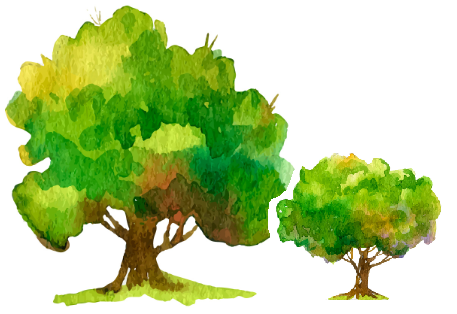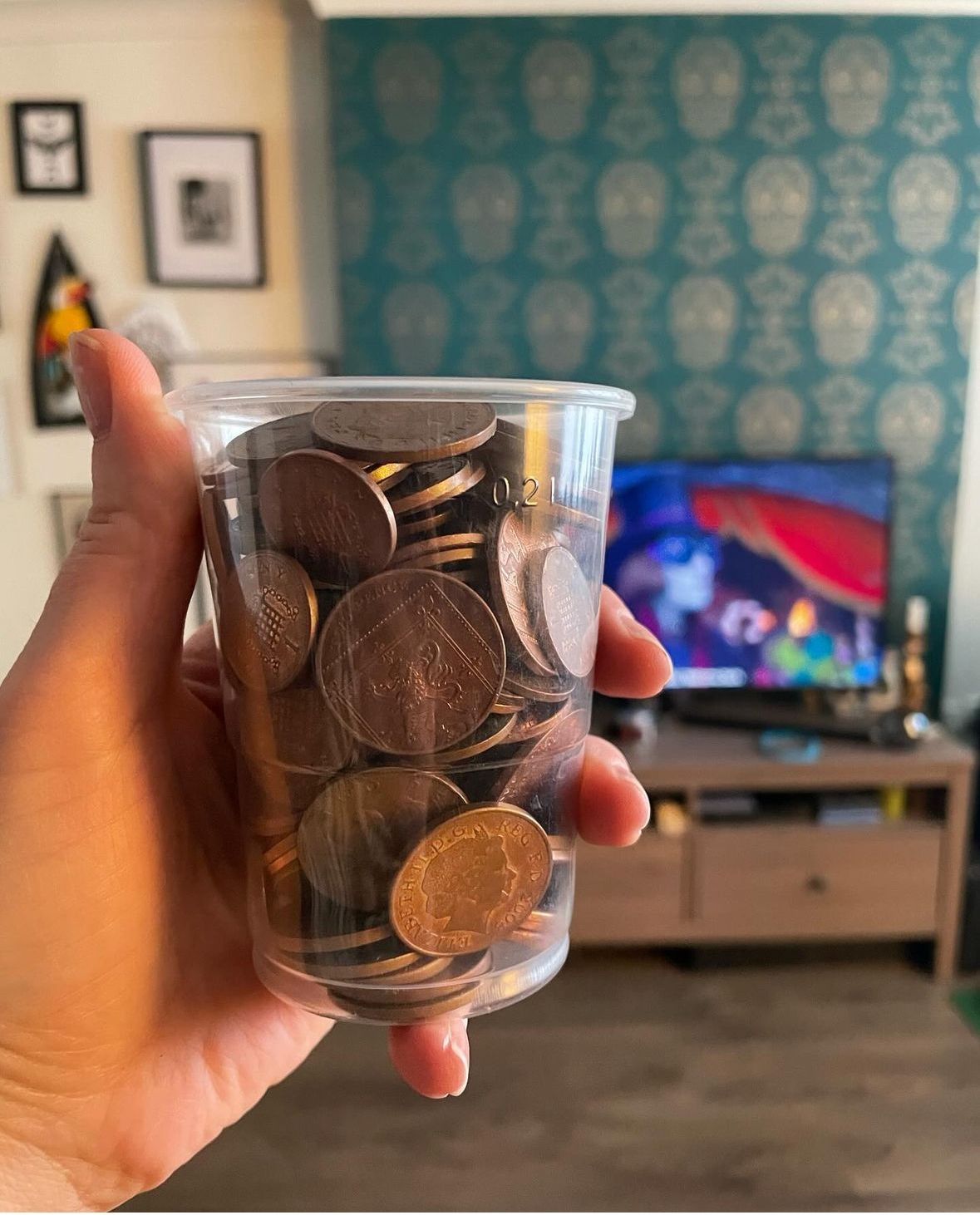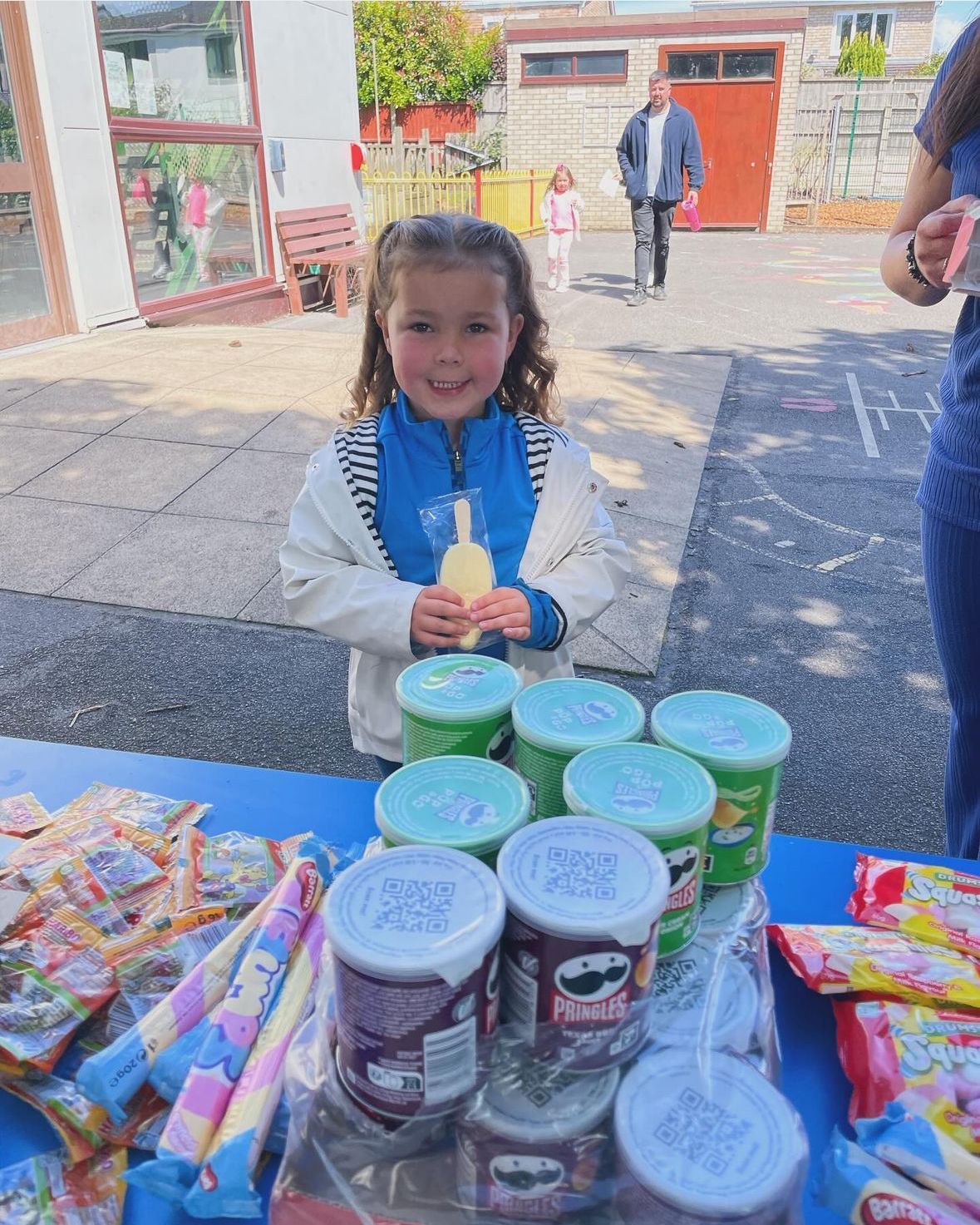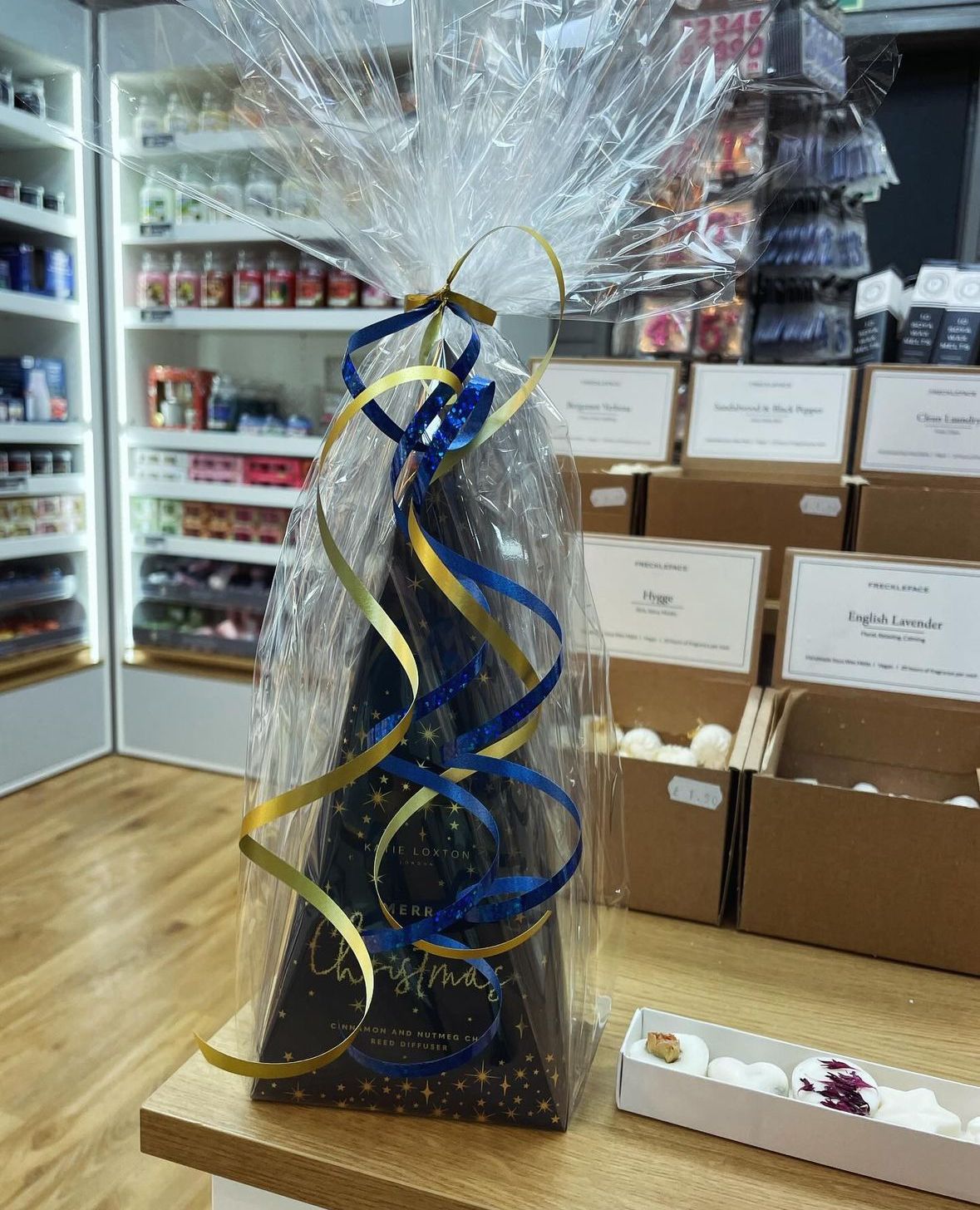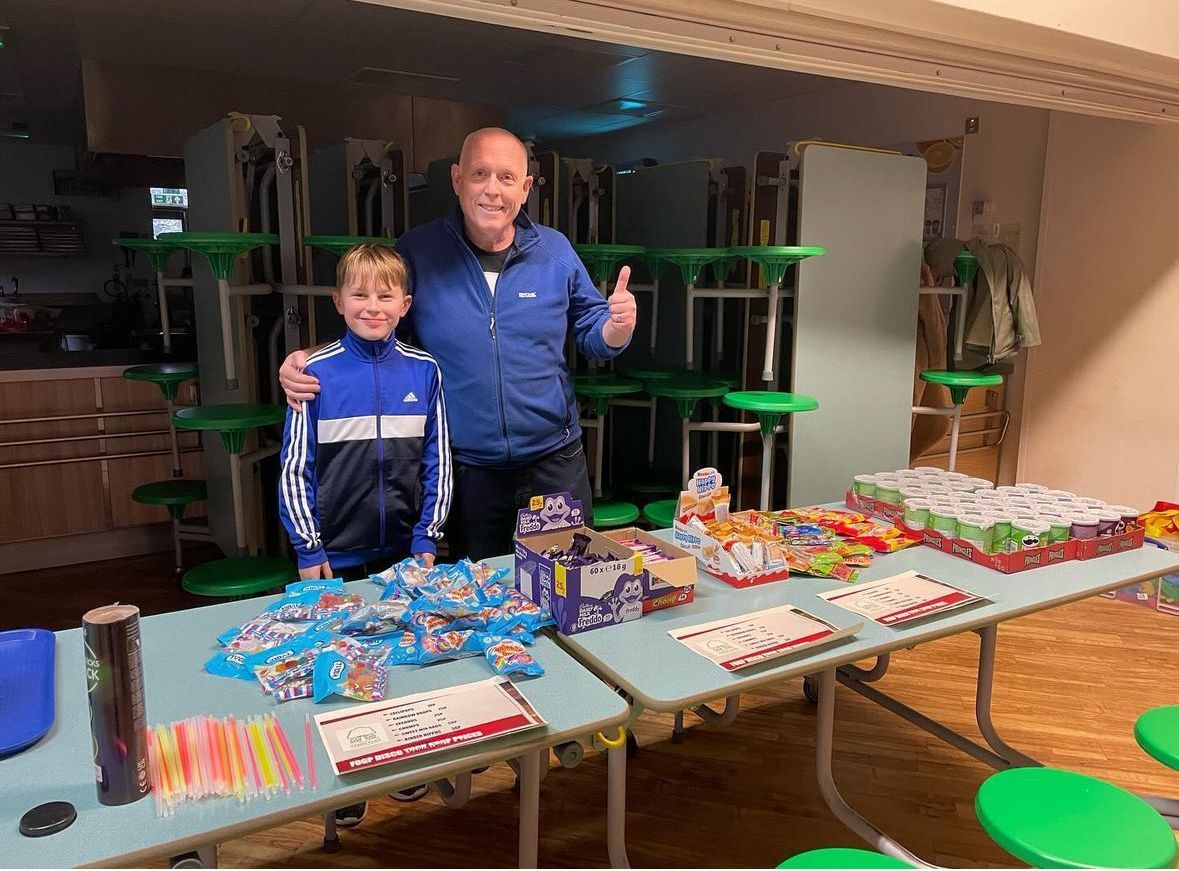Curriculum Statement
“Happily learning together… preparing for life”
Curriculum Intent
At Green Park School, we offer our children a broad and balanced curriculum that fulfils the statutory requirements of the National Curriculum 2014 and beyond.
Curriculum Design
The breadth of our curriculum is designed with three goals in mind:
1) To give pupils appropriate experiences to develop as confident, responsible citizens;
2) To provide an enriching experiencing enhancing children's ‘cultural capital’;
3) To provide a progressive, ambitious, academic curriculum
Appropriate experiences:
At Green Park, we have carefully considered what we want our children to achieve from their curriculum in order to bring about the aims and values of our school, and respond to the particular needs of our school community. Children and adults work in an environment of mutual respect and trust which contributes to an extremely positive learning environment. Our school values of compassion, happiness, collaboration, belonging, respect and success help children to develop their social and moral code, as they build their sense of uniqueness and self-worth as an individual. These values are promoted through everyday life at Green Park and through many areas of the curriculum in particular our Personal, Social, Health and Economic Education programme. We believe all children deserve the opportunity to nurture their individual talents and to achieve their true potential. We aim to encourage the children to develop their understanding of their local and national heritage and their role in modern Britain today by actively promoting and carefully threading the fundamental British Values and awareness of the protected characteristics throughout our curriculum. We encourage them to embrace all that multi-cultural Britain has to offer them and develop their understanding of the global world to nurture the whole child and help them to become well-rounded individuals and good citizens.
Enrichment (through cultural capital):
Enrichment activities, classrooms and learning environments excite, inspire and support pupils in their learning and personal development. The statutory curriculum is complemented by a wide range of extra-curricular opportunities including a variety of sports, music, crafts and IT. We also offer Chess, HMRC Tax Facts, Altru Drama Performances and workshops and Healthy Habits workshops as regular features within the curriculum. Outside expertise, educational visits, themed events and visitors are used to broaden and enhance children’s learning. Encouragement to join the Children’s University programme also enables children to add to their cultural capital. Curriculum Enhancement Opportunities 2023-24
Challenging and relevant :
Children are challenged through the ambitious curriculum; they have the confidence and self-worth to be challenged by staff and also challenge themselves. Learning is relevant and reflects the diverse and forever changing world in which we live to facilitate them in being successful adults of the future. We have high expectations of all children in all subjects, work is presented to a high standard and informative feedback ensures children know how to improve their work. We give high priority to teaching the fundamentals of reading, writing and Maths every day, to ensure that all pupils acquire the embedded knowledge and mastered skills for learning and life. These skills are used and practised across all other subjects.
Curriculum Implementation
Impact of the Curriculum
As a result of a well planned, broad, balanced and ambitious curriculum, children at Green Park School are well prepared for the next stage in their education. Throughout their time at the school they acquire knowledge, skills and a love of learning that governors and staff believe will carry through to their adult lives and into the workplace. Outcomes for pupils are high at the end of Key Stage 2 in reading,writing and maths, setting them firmly on the road to success in the future.
Please see the hyperlink for more information about how our curriculum impacts all stakeholders within our school.Evidence of Impact .docx
Finding out more about our Curriculum
For parents wishing to gain a deeper insight or understanding of the curriculum approach at Green Park Community School, please make contact with the school office and we will be delighted to facilitate more information.
